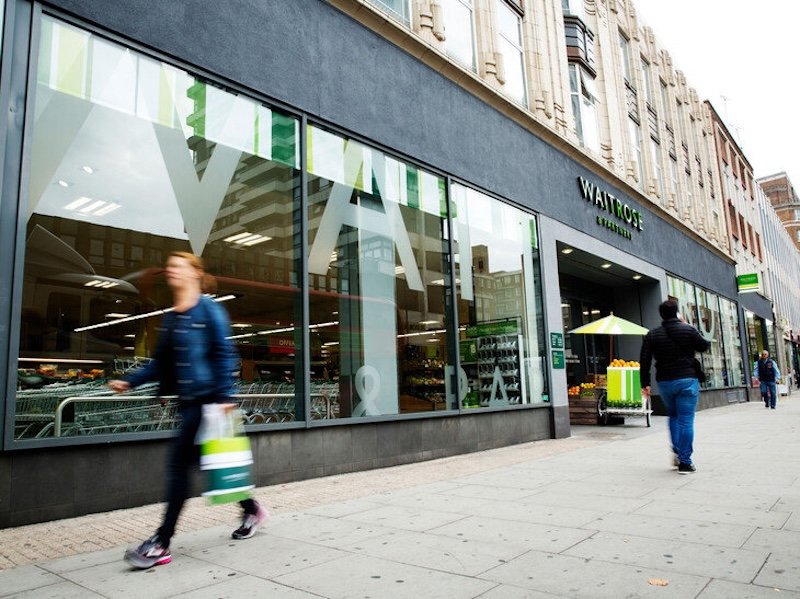Christmas shoppers won’t tolerate archaic e-commerce and payment infrastructures
One in five online merchants don’t think their e-commerce offering will cope with this year’s festive sales rush, rising to 22% for smaller retailers, according to research by Checkout.com.
The PayTech venture surveyed 256 B2C retailers and 2,003 Brits.
It warns that retailers who don’t sort their e-commerce and digital payments infrastructure in time could miss out on part of the £10.5 billion estimated to be spent, with the average person expecting to splash out £278 on the digital high street this Christmas and Black Friday.
26% of those surveyed expect to take less revenue than last year during Black Friday 2020. But despite retailers’ fears of consumers reining in spending, 14% of shoppers intend to spend £500 or more over the festive period.
Meanwhile, one in ten plan to pay using a mobile wallet like Apple Pay when making an online purchase. Despite this, 40% of online retailers say the payment infrastructure they have in place does not allow them to accept the likes of Apple Pay.
Bradley Riss, Chief Commercial Officer at Checkout.com, says: “The upcoming Christmas period, which looks set to be the most online quarter ever, will be the real test on the digital high street. Convenience is king and that’s as true of payment systems as it is online deliveries.”
“It’s a busy time of year for consumers, and they won’t wait for archaic e-commerce infrastructure or limited payment choices when a competitor is only a few clicks away.”
Mobile commerce, he adds, could slow with fewer people commuting and moving around, due to the coronavirus outbreak, instead opting to make their purchases on a desktop or tablet. That provides a unique opportunity for retailers, Riss argues.
“Our research reveals that three in three retailers say the pandemic has meant updating their payments infrastructure has taken a back seat. At such a crucial time for retailers, it’s essential they find the right solutions to make the most out of this period. For those that don’t, they may find their consumers shopping elsewhere this Christmas,” he concludes.










Continue reading…